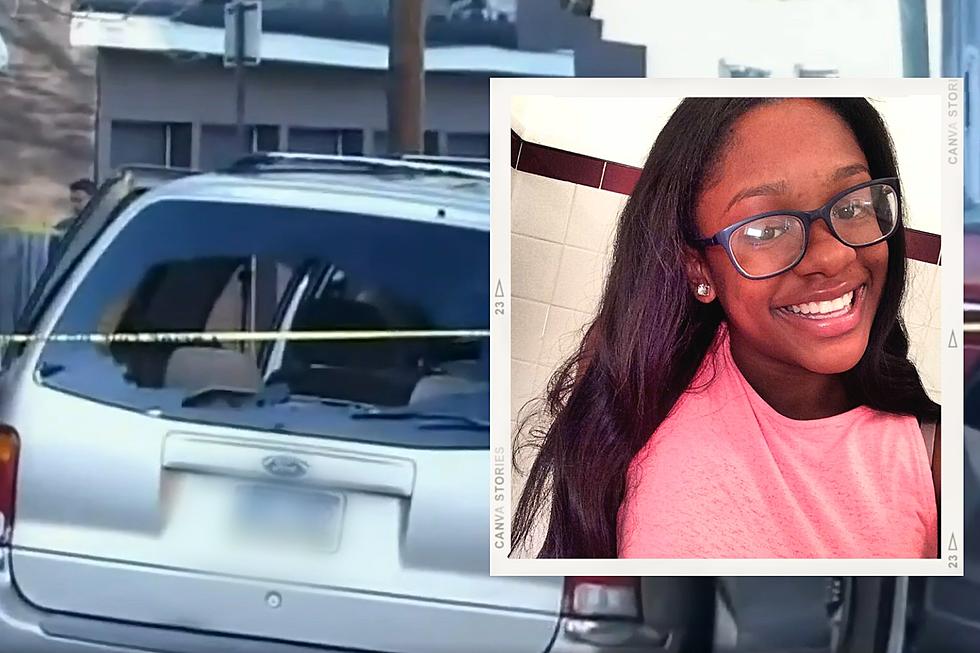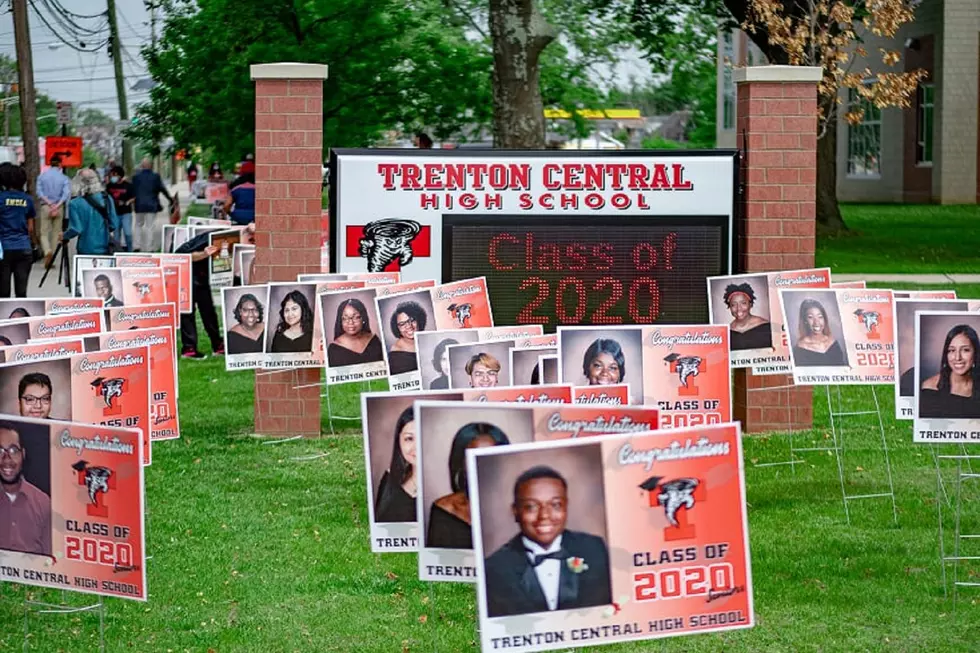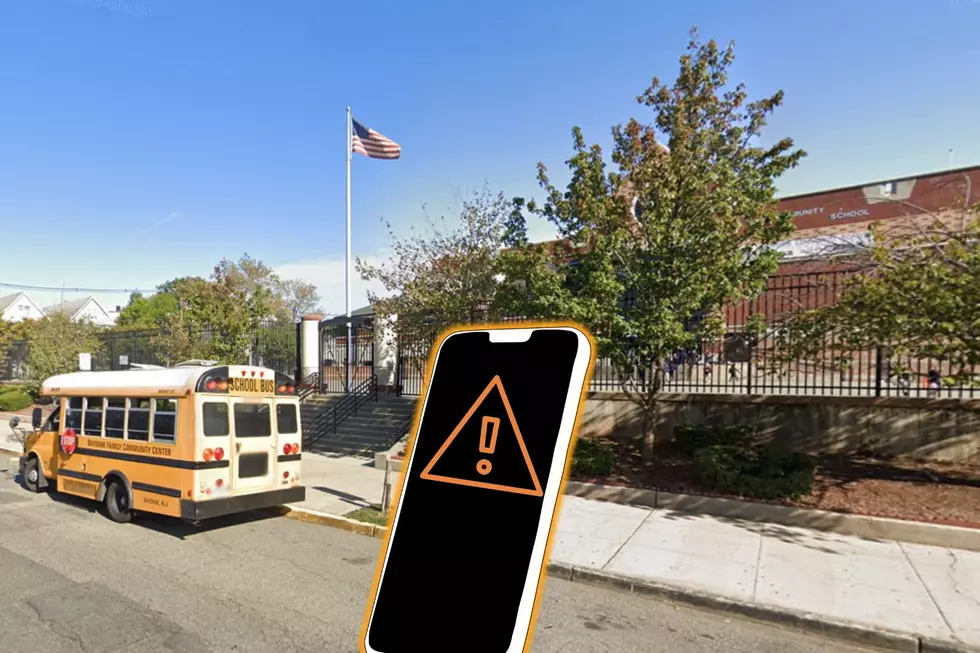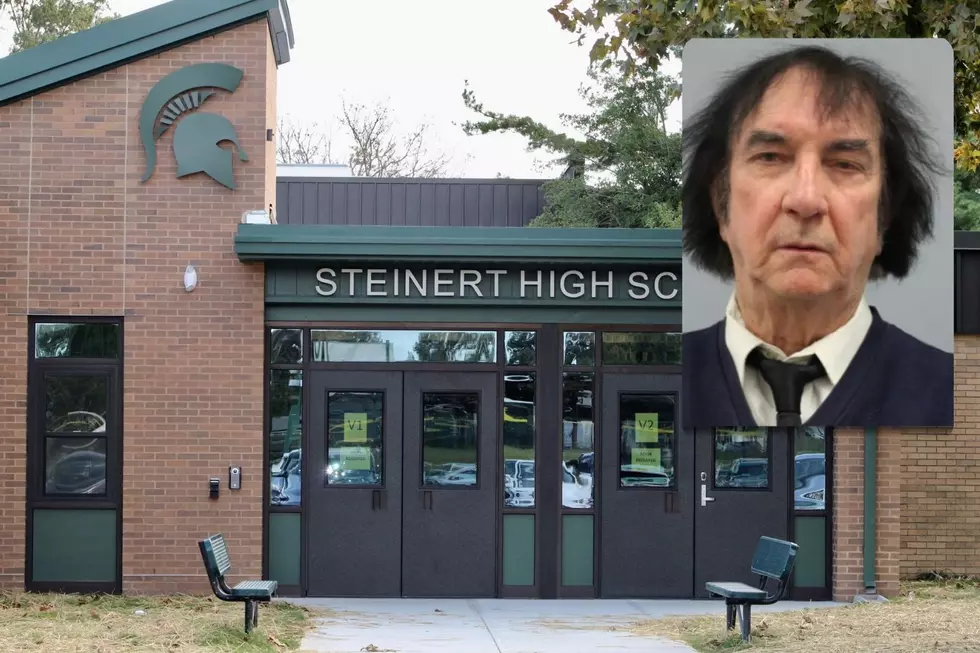
NJ man in minivan shooting of Trenton girl gets new murder trial
🔴 A Trenton man's murder conviction has been overturned
🔴 Ciony Kirkman was 16 when she was shot in the head while in a minivan
🔴 An appeals court found the man was deprived of a fair trial
TRENTON — A man convicted of murder for shooting at a minivan filled with seven teenagers in New Jersey's capital in 2016 will have another day in court, an appeals court has ruled.
Peter Charles Jr. was 17 years old when he shot wildly at a minivan in Trenton's South Ward on April 24, 2016 and struck 16-year-old Ciony Kirkman in the head. Six other teens were also in the vehicle. Charles will be 64 when he's done serving a 55-year state prison sentence.
Charles was convicted of first-degree murder at the end of an eight-day trial in 2018. He was also found guilty of six counts of first-degree attempted murder, seven counts of fourth-degree aggravated assault with a firearm, second-degree possession of a firearm for an unlawful purpose, and second-degree unlawful possession of a firearm without a permit.
But now Charles could be a free man much earlier thanks to an appellate court decision on Thursday that vacated all of his convictions. The court found that he was not given a fair trial and must get a new one.
🔴 Errors in Peter Charles Jr. murder trial
Court records also showed that Charles was identified out-of-court by a teen in the minivan and an assistant superintendent at a school that Charles attended. However, the initial statements were never recorded in violation of court rules.
Additionally, a detective testified at trial that two other teens in the minivan told him that Charles was the shooter. However, the teens did not testify at the trial, meaning the defense could not cross-examine them. It also meant that the detective's testimony was hearsay. Both deprived Charles of a fair trial, according to the appeals court.
The appellate judges also found Charles's defense attorney failed to bring up an extensive history of educational and psychological issues during his juvenile waiver hearing. Charles was a minor at the time but he was tried as an adult. Prosecutors must be made aware of a juvenile defendant's special education history before making the decision to move a case to adult court.
Among his diagnoses, Charles had attention deficit hyperactive disorder, oppositional defiant disorder, early mood disorder, and a neurologically-based learning disorder, according to records. Another examination when he was young found Charles had an IQ of 76, which meant he was eligible for special education.
Report a correction 👈 | 👉 Contact our newsroom
Places in New Jersey where you can now carry a legal gun
How to pronounce these 20 town names in NJ
LOOK: 20 of the biggest insects in the world
More From New Jersey 101.5 FM









